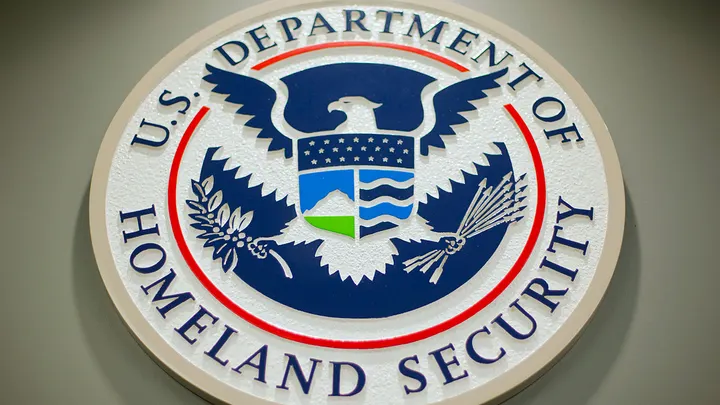The Trump administration has announced plans to revoke temporary legal status for more than half a million migrants from Cuba, Haiti, Nicaragua, and Venezuela, forcing them to leave the country by April 24, according to a notice posted Friday in the Federal Register.
The decision affects approximately 532,000 migrants who were granted entry under the CHNV humanitarian parole program, which allowed them to come to the U.S. legally under the Biden administration’s immigration policy. The official notice states that these individuals must depart within one month after the rule is formally published on March 25.
CHNV Program and Its Cancellation
The CHNV program, launched in 2022, was initially designed to reduce illegal crossings at the U.S.-Mexico border by offering migrants a legal pathway into the country. It first applied to Venezuelans before being expanded to include Cubans, Haitians, and Nicaraguans. Under this policy, migrants and their immediate family members were allowed to fly directly to the U.S. if they had American sponsors. They were then granted a two-year temporary status known as parole.
However, President Donald Trump suspended the CHNV program upon taking office in January, arguing that it failed to achieve its goals and instead encouraged more migration.
Trump Administration Criticizes Biden’s Immigration Policies
On Friday, the Department of Homeland Security (DHS) sharply criticized the Biden administration, stating that the CHNV program not only failed to prevent illegal crossings but also negatively impacted American workers.
“The Biden administration granted migrants opportunities to compete for American jobs, undercutting American workers,” the DHS statement read, according to the BBC. “They forced career civil servants to promote the programs even when fraud was identified and then blamed Republicans in Congress for the chaos and crime that followed.”
Despite the policy’s revocation, the notice in the Federal Register stated that some migrants currently in the U.S. under CHNV may be allowed to remain on a case-by-case basis.
Impact on Migrants and Legal Challenges
The cancellation of CHNV will have a significant impact on hundreds of thousands of migrants. According to the BBC, the program allowed:
- 213,000 Haitians to enter the U.S. due to worsening conditions in Haiti.
- 120,700 Venezuelans, many fleeing economic collapse.
- 110,900 Cubans and 93,000 Nicaraguans, both groups facing political turmoil in their home countries.
In addition to CHNV, the Trump administration is also targeting other immigration programs. Last month, DHS announced plans to end Temporary Protected Status (TPS) for 500,000 Haitians, a designation granted to migrants from countries facing armed conflict, natural disasters, or other extreme conditions. The administration has also ended TPS for Venezuelans, although this move is currently being challenged in court.
Legal Battles Over Trump’s Immigration Crackdown
Since returning to office in January, President Trump’s immigration policies have faced numerous legal challenges. His administration has aggressively pushed to remove both legal and illegal migrants, but courts have blocked or delayed several of these measures.
Immigration advocates argue that terminating CHNV and TPS will force thousands of individuals back to unstable conditions, increasing humanitarian concerns and potentially sparking diplomatic tensions with Cuba, Haiti, Nicaragua, and Venezuela.
Dismantling DHS Oversight
In another controversial move, the Trump administration is reportedly dismantling internal oversight offices within the Department of Homeland Security, including the Office for Civil Rights and Civil Liberties. This office was responsible for investigating allegations of abuse and discrimination within immigration enforcement agencies.
According to Bloomberg News, the administration’s efforts to remove internal watchdogs have raised concerns among civil rights groups, who argue that weakening oversight could lead to unchecked abuses in immigration enforcement.
What’s Next?
With thousands of migrants now facing deportation and legal challenges mounting, the battle over U.S. immigration policy is set to escalate further. The Biden administration and immigration advocates are expected to challenge Trump’s actions in court, while Trump and his allies argue that strict immigration enforcement is necessary to restore order at the border and protect American jobs.
As the April 24 deadline approaches, the fate of hundreds of thousands of migrants hangs in the balance, with further legal and political battles likely in the months ahead.
